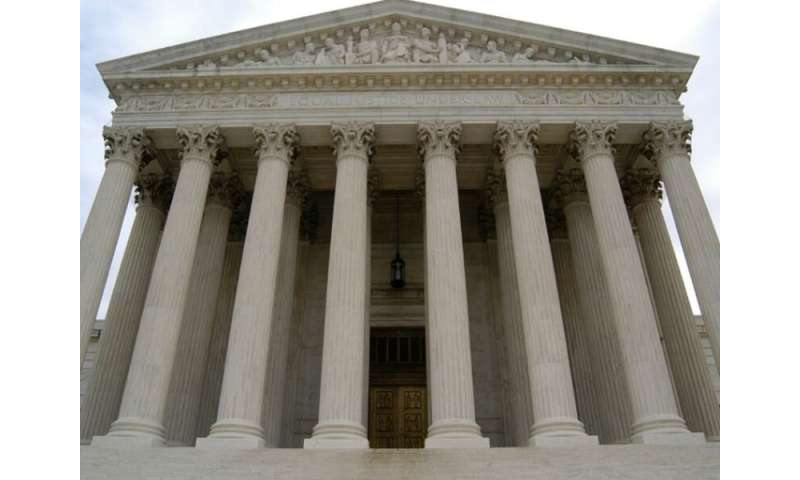
(HealthDay)—The U.S. Supreme Court will yet again consider whether or not to scrap the Affordable Care Act (ACA), which has been the law of the land for a decade.
The case comes before the court Tuesday, on the heels of the Presidential election. At issue is the Congress’ 2017 repeal of the “individual mandate,” which had imposed a tax penalty on many Americans who did not purchase some form of health insurance.
The argument now before the court—and supported by the Trump administration—suggests the repeal should render the entire law unconstitutional.
No one knows what the court will do. It could accept the repeal argument, or it could adopt a “severability” approach and allow the ACA to stand despite any elimination of the mandate.
But a repeal of the entire law may not be likely, The New York Times reported. At least five justices, including Chief Justice John Roberts Jr. and Justice Brett Kavanaugh, have indicated they were not inclined to strike down the balance of the law, the newspaper said Tuesday.
Instead, the justices suggested that the mandate could legally be separated from the rest of the law.
“It does seem fairly clear that the proper remedy would be to sever the mandate provision and leave the rest of the law in place,” Kavanaugh said.
Roberts made a similar argument. “Congress left the rest of the law intact when it lowered the penalty to zero,” he said, the Times reported.
Whatever the court finally decides is likely to have enormous ramifications, said Dr. Renuka Tipirneni, a health policy researcher and member of the University of Michigan’s Institute for Healthcare Policy and Innovation.
“No matter what the ultimate outcome, the case matters to nearly every American,” Tipirneni noted in a university news release.
Why? For one, roughly 150 million Americans are covered by the ACA’s prohibition against denying coverage for people with pre-existing conditions, she noted. Prior to the passage of the ACA (also known as Obamacare) in March of 2010, health insurance companies routinely denied new coverage—or sometimes charged exorbitant premiums—to people with a prior history of illness.
That meant that individuals who lost their job could not access new coverage, despite having previously had coverage with their former employer.
Other key provisions of the ACA include allowing parents to cover their adult children up to the age of 26; permitting states to expand Medicaid coverage to help insure more Americans at the lower end of the economic ladder; and the creation of a health marketplace (healthcare.gov) that gave Americans the opportunity to directly purchase health insurance.
All told, tens of millions of Americans currently avail themselves of one or all of those provisions, all of which would cease to exist if the Supreme Court vacated the law.
Without a replacement, the loss of the ACA would also mean that seniors would again face the so-called drug-pricing “doughnut hole.” In a nutshell, that would mean that older Americans and those with serious disabilities would once again have to absorb a big portion of any medication cost that exceeds what Medicare currently covers.
Source: Read Full Article
